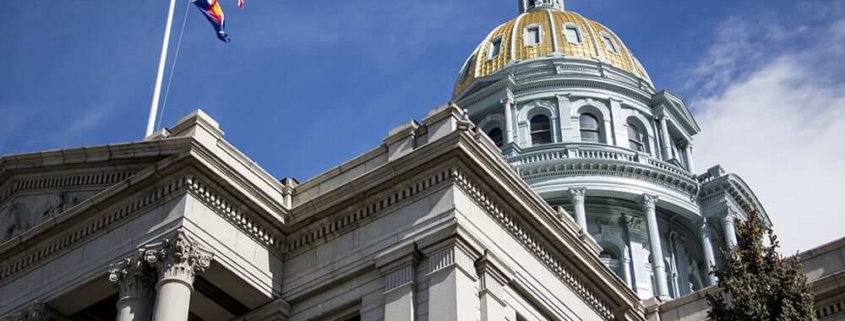Conservation Colorado today released its 2018 Legislative Scorecard, an annual look at how every legislator voted on key environmental bills in the state legislature. The scorecard provides Coloradans with the information they need to advocate for our air, land, water, and communities.
“Although this legislative session was a contentious one, we were able to move Colorado forward with several important victories: investing in our great outdoors, expanding the use of reclaimed water, ensuring responsible funding for public transportation, and increasing renewable energy options,” said Conservation Colorado Acting Executive Director Maria Handley.
Here are top-line results from the 2018 Legislative Scorecard:
Senate
- The average score was 68 percent.
- 15 Senators had a perfect score.
- Female senators had an average score of 85 percent.
- Senators of color had an average score of 90 percent.
- The lowest score was Senator Jim Smallwood at 11 percent.
House
- The average score was 60 percent.
- 36 members had a 100% score.
- Female representatives had an average score of 70 percent.
- Representatives of color scored an average of 94 percent.
- The lowest scores were Representatives Perry Buck, Justin Everett, Stephen Humphrey, Steve Lebsock, Timothy Leonard, Kimmi Lewis, Paul Lundeen, Patrick Nevill, Kim Ransom, Lori Saine, Shane Sandridge, Dave Williams, and Alexander Winkler at 0 percent each.
Handley continued: “Our victories this year show that Coloradans are passionate about the environment. Unfortunately, these values are not reflected in the leadership of the Colorado Senate, which once again prioritized corporate profits over people and blocked bills to protect our rivers from mining pollution, keep oil and gas drilling away from playgrounds, and limit our carbon pollution. That’s why Conservation Colorado will work tirelessly to elect a pro-conservation Senate, House, and Governor in November — to advance bold policies to clean up our air and water, protect our communities, and preserve our land.”






